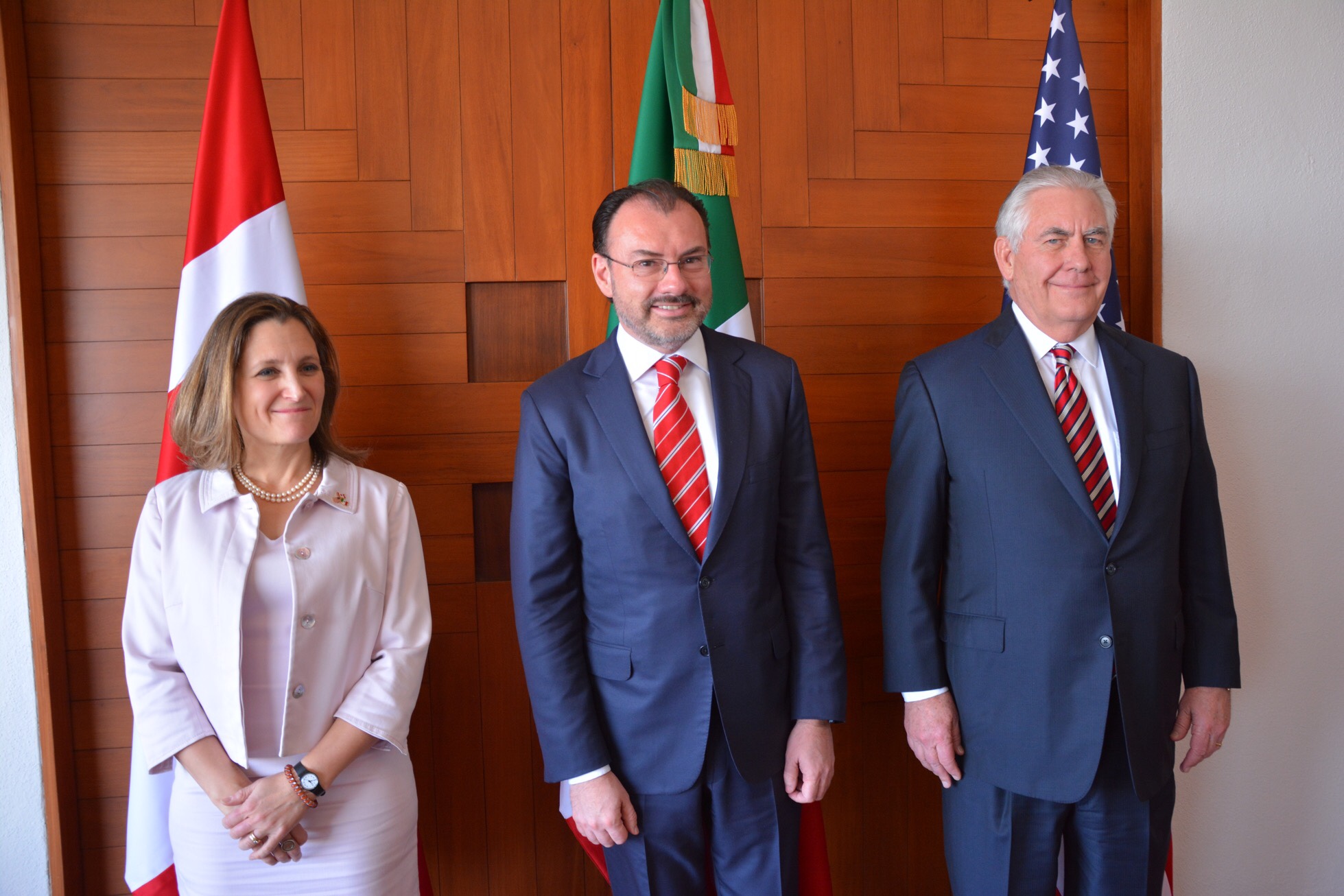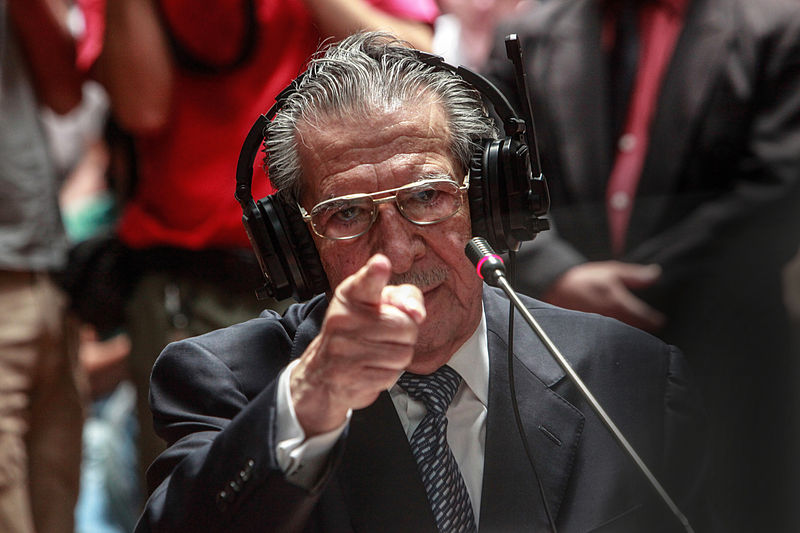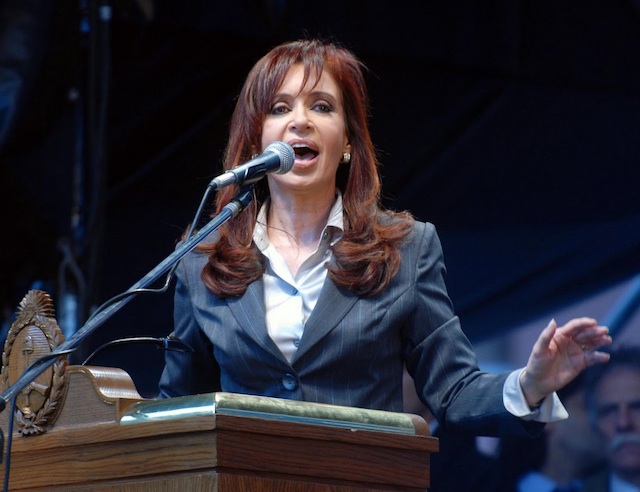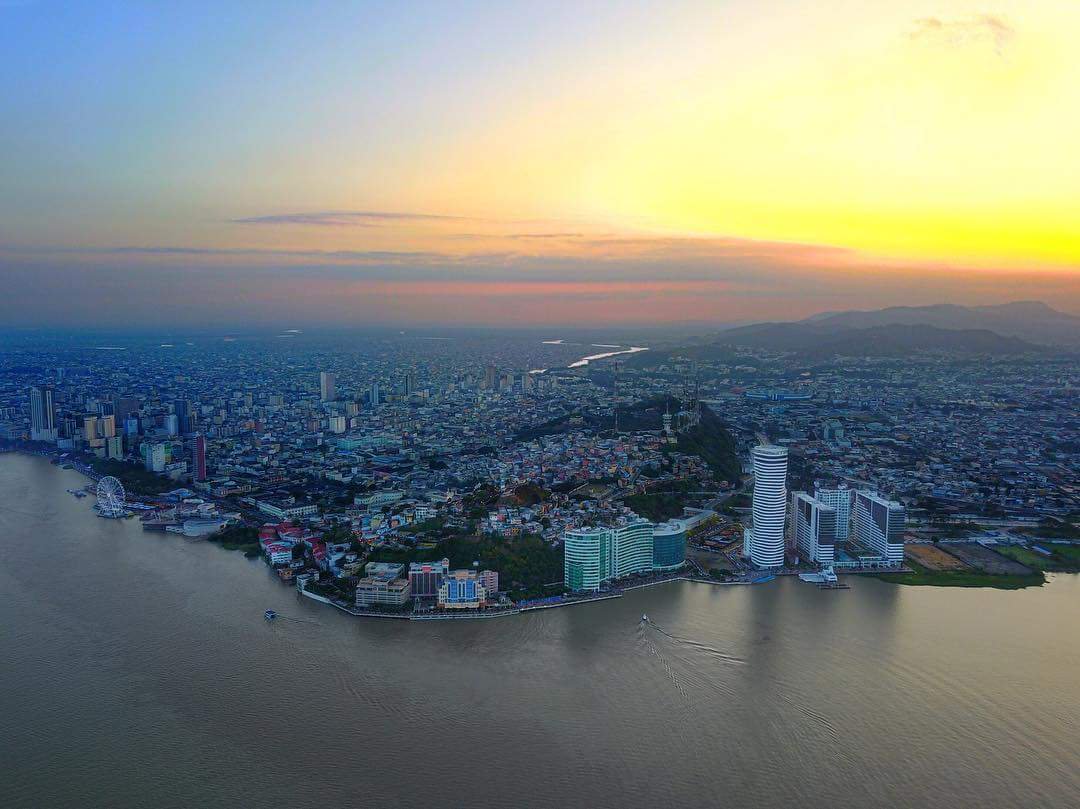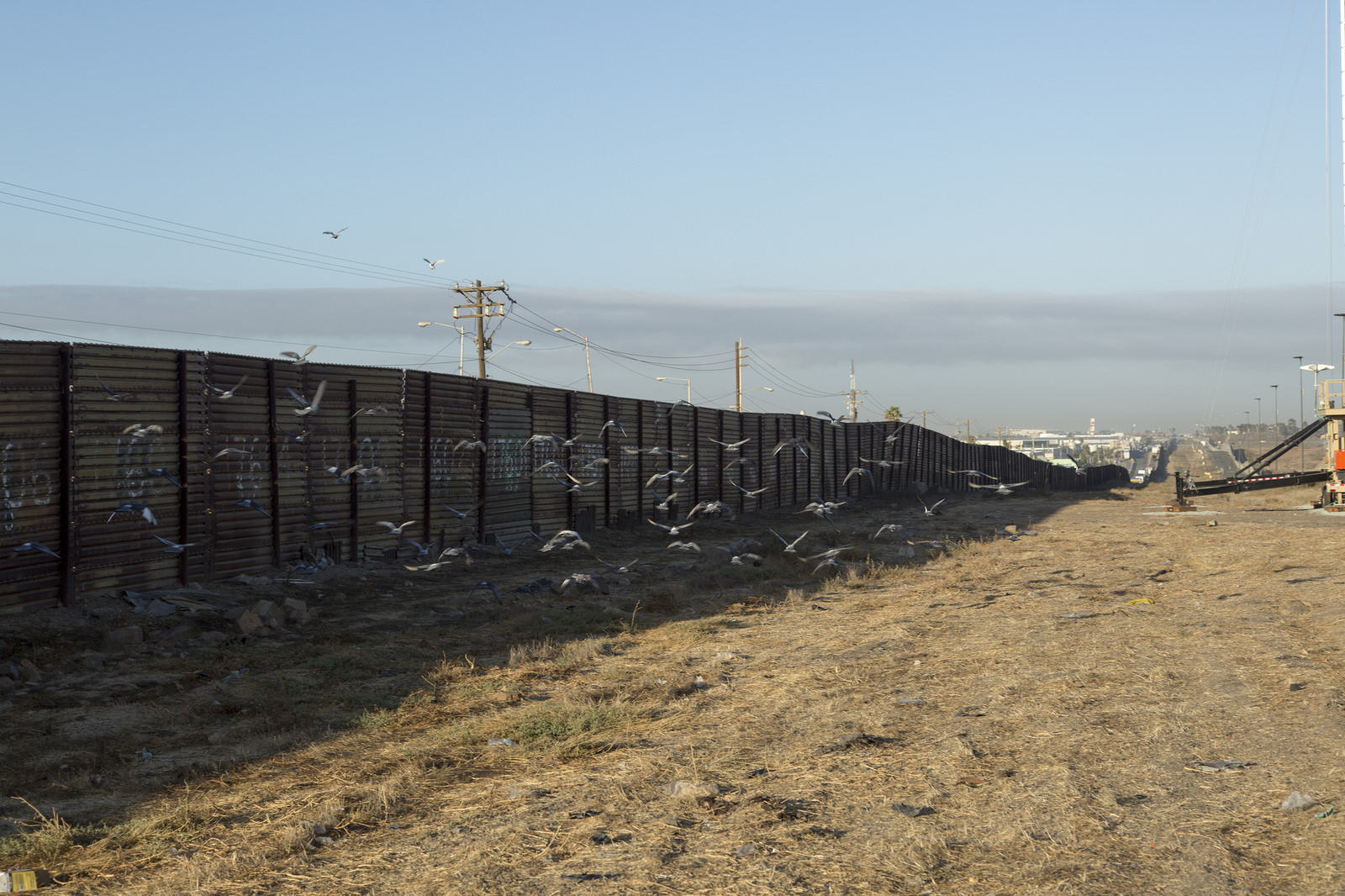
Latin America: Week in Review
Audit finds failures in border separations
October 3, 2018 By Staff
TODAY IN LATIN AMERICA
THE BORDER : A government audit stated that the Trump administration’s “zero tolerance” policy was “plagued” with “lack of preparation, resource shortfalls and communication failures.” The audit, conducted by the Department of Homeland Security’s Inspector General, found that hundreds of separated children were detained for longer than the three-day time limit in Border Patrol facilities. It was the first official governmental audit of the Trump Administration’s policy of separating migrant families at the border.
The audit also found that due to technology deficiencies, the government struggled to “identify, track, and reunify parents and children.” While the DHS claimed in late June that it had a database of information of the separated parents and children, the inspector found no evidence that a database exists. This was exacerbated by inadequate measures taken by Border Patrol agents, as some did not take measures to ensure that children who could not talk were properly identified. The report drew immediate criticism from congressional Democrats.
HEADLINES FROM THE WESTERN HEMISPHERE
NORTH AMERICA
REGIONAL : John Cornyn, the second-highest-ranking Senate Republican, warned that the new trade deal that would replace NAFTA could still fall apart. Speaking to reporters yesterday, Senator Cornyn stated that it is not a foregone conclusion that the current deal will get confirmation by the Senate. He added that the Senate could pass the agreement after the Nov. 6 elections, but it could also be delayed until after the midterm elections.
MEXICO : In remembrance of the armed government attack on protesting students 50 years ago, Mexico City’s Zócalo flag flew half-staff. At the same time, the city’s government removed subway plaques that commemorated former President Gustavo Díaz Ordaz, who allegedly commanded the militarized massacre but was never tried for the killings. “Never, never will I give the order to the armed forces, to any police corporation, to repress the people of Mexico,” stated president-elect Andrés Manuel López Obrador yesterday.
CARIBBEAN
PUERTO RICO : The Gov. of Puerto Rico, Ricardo Rosselló, and the former Mayor of Caracas, Antonio Ledezma, agreed yesterday that the island will become the “logistics center” where the opposition parties in Venezuela and international leaders will meet to discuss the transition should the administration of President Nicolás Maduro come to an end. Puerto Rico will also coordinate humanitarian aid to be sent to Venezuela. The agreement is part of a “Reconstruction Commission for Venezuela,” launched as an alliance between the Government of Puerto Rico and the Venezuelan opposition.
CENTRAL AMERICA
GUATEMALA: The trial against retired soldier Santos López Alonzo, linked to the Dos Erres massacre of 1980, began this Monday. López Alonzo is charged with murder and crimes against humanity for allegedly participating in the torturing, raping and killing of 200 villagers during the country’s civil war. He is also accused of kidnapping the village’s boys, who will testify against him in court.
ANDES
COLOMBIA: Two leaders of the political party and former rebel group FARC wrote an open letter to the Colombian Congress, saying the peace agreement has been “betrayed.” Iván Márquez and Oscar Montero, whose whereabouts are unknown, cite legal uncertainty, modifications to the agreement and a failure to fulfill certain promises as three factors that led to betrayal. They also accused the attorney general, the United States ambassador and the U.S. Drug Enforcement Administration of undermining peace efforts when they imprisoned FARC peace negotiator Jesús Santrich in April.
VENEZUELA: President Nicolás Maduro officially launched Venezuela’s cryptocurrency, Petro, yesterday. The currency, which is backed by the country’s oil reserves, will arrive on the global markets next week. Petro is meant “neutralize” the threat of black markets, according to Venezuelan officials, but U.S. officials have described it is a “scam” by Maduro.
ECUADOR: A team of researchers has discovered a new hummingbird species in Ecuador, although ornithologists say it is in danger of extinction. The blue-throated hillstar, named for the deep blue shade of its neck, was spotted by a team of ornithologists in the southwestern highlands of the country. Only about 300 of the birds are still alive, according to scientists.
SOUTHERN CONE
ARGENTINA: Amid the global #MeToo movement, four employees of Colegio Nacional Buenos Aires asked to be transferred Tuesday after a group of former students publicly accused them of sexual harassment last week. During a graduation speech, the students named a total of six professors who they said touched, verbally abused or mistreated them. The school has since opened an investigation.
< Previous Article
